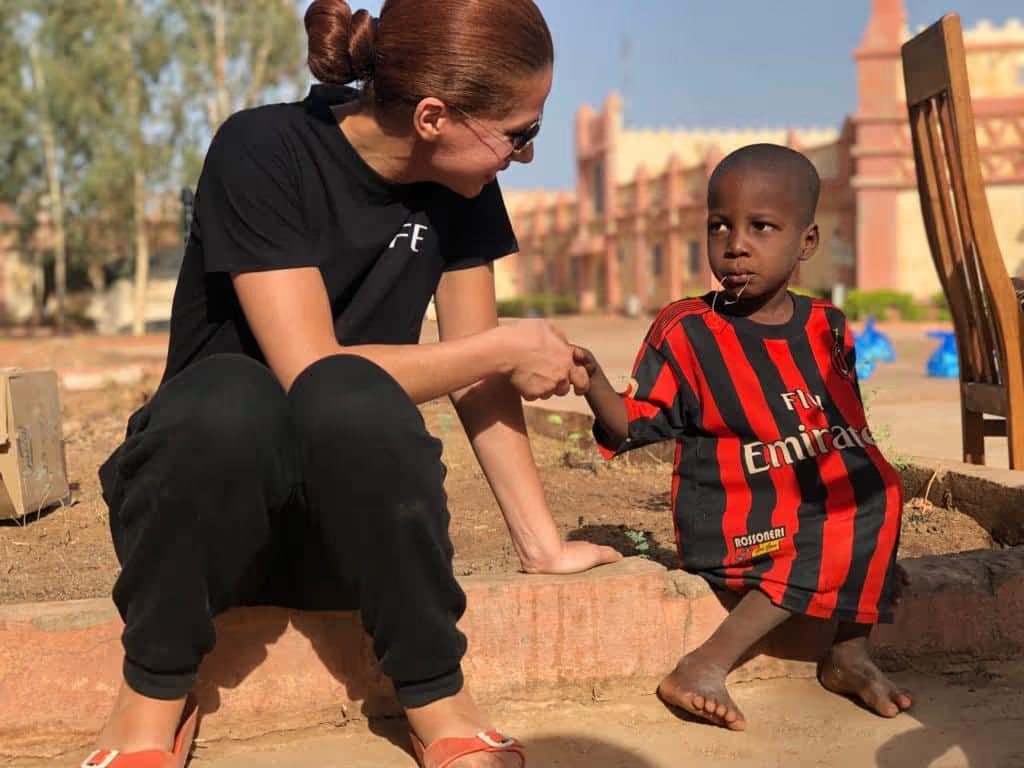How do you calculate Zakat al-Fitr?

La Zakat al-Fitr, emanating from the teachings of Islam, embodies generosity, solidarity and compassion for people in need. At the end of the sacred month of ramadan, all Muslims are called to pay this obligatory charity. It validates and purifies the young and allows the most disadvantaged to celebrate Eid al-Fitr with dignity.
This act, rooted in the principles of Allah and transmitted by the Prophet, offers a unique opportunity to contribute to collective well-being. Let's explore what Zakat al-Fitr is, how to calculate it accurately and meaningfully, and what its benefits are.
Do you know the foundations and goals of Zakat al-Fitr?
Zakat al-Fitr (or alms for breaking the fast), is prescribed by Allah in the Koran and taught by the Prophet Muhammad. It is distinguished by its profound spiritual foundation. Every year, it recalls the need to purify the souls of fasters from the sins committed during Ramadan and to feed the poorest. Ibn Abbas, a companion of the Prophet, highlights this purifying character, linked to prayer and spiritual connection.
When should you give Zakat al-Fitr?
Zakat al-Fitr is given from the 1st day of Ramadan (Hanafi school) or from the 26th day of Ramadan (Maliki school) and before the Eid al-Fitr prayer. So, the beneficiaries can enjoy it during the celebration. The money received in fact contributes to bringing them happiness and comfort during the party. If it is paid after the prayer, it is considered as simple alms.
This proactive approach ensuring timely distribution underscores the positive impact of Zakat al-Fitr. It reinforces the joy and gratitude shared during Eid al-Fitr.

The basis for calculating Zakat al-Fitr
The calculation of Zakat al-Fitr does not depend on the wealth accumulated over the year. It corresponds to the value of a certain volume of basic food per person (wheat, barley, dates, lentils, rice, etc.).
To calculate it, an Islamic measure is used, called saa or sâ. The Prophet mentions it and it is reported by Abu Bukhari. It is equivalent to 4 times the contents of two filled joined hands, or about 2.5 to 3 kg of food.. For example, a sâ' of rice corresponds to 2.3 kg, that of dates to 1.8 kg.
What type of food should your Zakat al-Fitr be made of?
The food varies according to countries and customs. Wheat, barley, soult, raisins, raisins, dates, dates, dates, corn, corn, corn, rice, millet, dried milk, etc. Be sure to choose non-perishable food (which can be stored for a long time and at room temperature). In addition, they must be consumed by the population of the beneficiary country. Depending on the school, processed products such as flour are allowed or not allowed.
Is it possible to give Zakat al-Fitr in money?
Most Muslim scholars are of the opinion that it is not possible to pay Zakat al-Fitr in the form of a gift of money. However, those who allow it estimate it to an amount of around 9 euros.
In addition, It is allowed to give alms in money to an association, an NGO, which buys food for the needy. Instead of leaving your money at a store where you would buy food, you go through this intermediary. He is going to distribute the food in the field before the Eid prayer.
At LIFE, we take care of relaying your charity to those who need it most. We do so in accordance with Muslim tradition and humanitarian principles. By entrusting your Zakat al-Fitr to our NGO, you are helping to change lives around the world.

Who are the people who benefit from Zakat al-Fitr?
Those in need and needy loved ones can be beneficiaries of this charity. You can also send your Zakat el-Fitr to a country other than your own, where the people are the most vulnerable.

Why is Zakat al-Fitr inclusive and universal?
All Muslims in a position to donate, regardless of gender, age or social status, must pay this charity. Indeed, in accordance with the Prophet's teachings and the categories mentioned in the Koran, each member of the family pays the fixed amount of food. This highlights the inclusiveness of this practice. If you are the head of the family, you must pay it (if you can afford it) for yourself and for all those who are in your care: wife, children, parents, etc.
This universal nature of Zakat al-Fitr highlights the shared responsibility of the Muslim community towards its most vulnerable members. Therefore, it promotes a harmonious and united society. The blessed month of Ramadan, the celebration of Eid al-Fitr, and the breaking of the fast reinforce the link between prayer, celebration, and the obligation to help the poor.
Distinguishing Zakat al-Fitr from Zakat al-Maal
It is crucial to distinguish between Zakat al-Fitr And the Zakat al-Maal.
- Zakat al-Fitr consists of a food donation made during Ramadan.
- Zakat al-Maal requires Muslims who have reached a certain level of wealth (Nissab) to pay part of their assets to people in need.
Zakat al-Fitr is an act of faith, solidarity, and compassion. It represents a unique opportunity to strengthen community ties and to make a significant contribution to society. By fulfilling this obligation with heart and generosity, every Muslim can thus participate in building a stronger and more united community, sharing the joy of Eid al-Fitr with all its members, rich and less fortunate. May this positive act become a pillar of the celebration of Eid, reflecting the profound values of Islam, of God, and the importance of helping the poor throughout the year!
LIFE also collects the Fidya and Kaffara as part of Ramadan.
Together, let's allow people in need to celebrate Eid al-Fitr with dignity and joy



.avif)




.avif)
